Aging with Attitude: Michigan Seniors Living with Vitality

Julie Bitely
| 4 min read
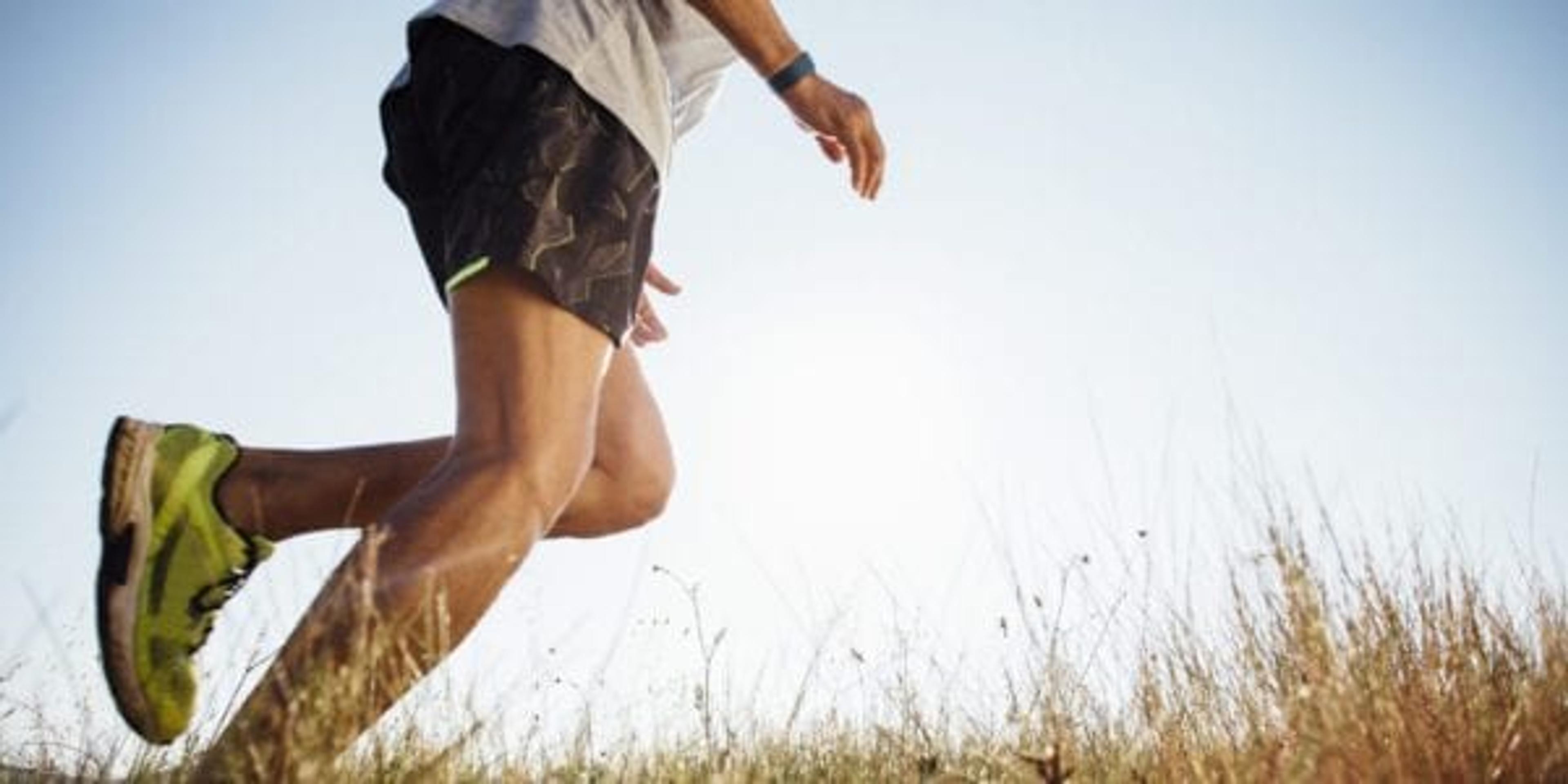
At 81, Roberta Sexton said she’s never feared getting older.
“I didn’t dread it,” she said. “I’ve enjoyed every year of my life.”
The Jackson resident is on to something. Research suggests that your view on aging affects how well you age. People who embrace growing older tend to have improved cognitive ability and enjoy better emotional and physical health.
And there’s never been a better time to look toward retirement and beyond. Improvements in chronic disease management and medical advancements like hip and knee replacement are helping people live more years with vitality.
“People are staying healthy longer, and as a result, are staying active longer,” said Mark Hornbeck, associate state communications director for AARP of Michigan. “People are finding different ways to disrupt aging all the time,” he continued, referencing the book “Disrupt Aging” by AARP CEO Jo Ann Jenkins.
Whether it’s volunteering, pursuing artistic pursuits or picking up a sport, there are many ways to stay active as you approach new decades of life. We interviewed three Michigan seniors, including Sexton, about their attitudes toward aging and why they view each new birthday as a gift that motivates them to keep going.
Giving back to her community
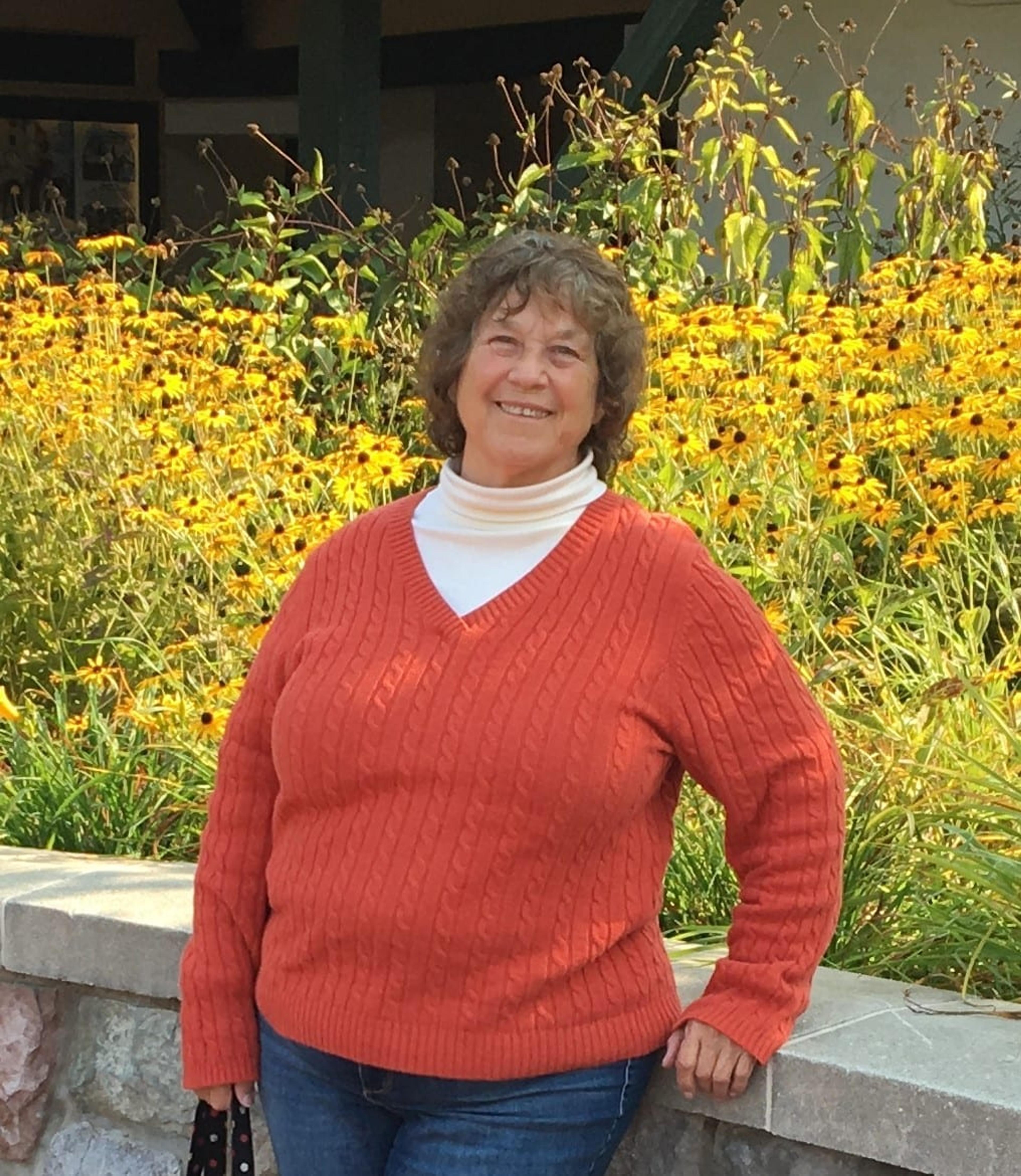
Volunteering her time for causes she’s passionate about keeps Roberta Sexton feeling young.
Sexton donates her time to many local and state organizations. She teaches classes on dementia through the AARP, sits on various boards and committees through the Lions Club, United Way and League of Women Voters and is also on the Jacksonian board, an organization dedicated to Jackson-area retirees of Consumers Energy. Combined, she estimates she’s putting in at least 40 hours per week of volunteer service, but she wouldn’t have it any other way.
“It keeps you current, it keeps you younger, I believe because you’re working with people of all ages,” she said of her volunteer work. “It keeps you just involved in life.”
She traces her passion for service back to her mom, who taught her the importance of expressing appreciation for everything she’d been given by giving back to society in meaningful ways. For others thinking about getting involved, Sexton says finding a cause you believe in makes all the difference.
Taking his shot
When Richard “Dick” Lane retired from a career in hospital administration in his 60s, he maintained his aerobic health through jogging but acknowledged he really didn’t enjoy it. He ended up attending the Michigan Senior Olympics and introduced himself to the men’s basketball team captains playing that day. The fast-paced sport became a passion, providing exercise he loved and expanding his social circle.
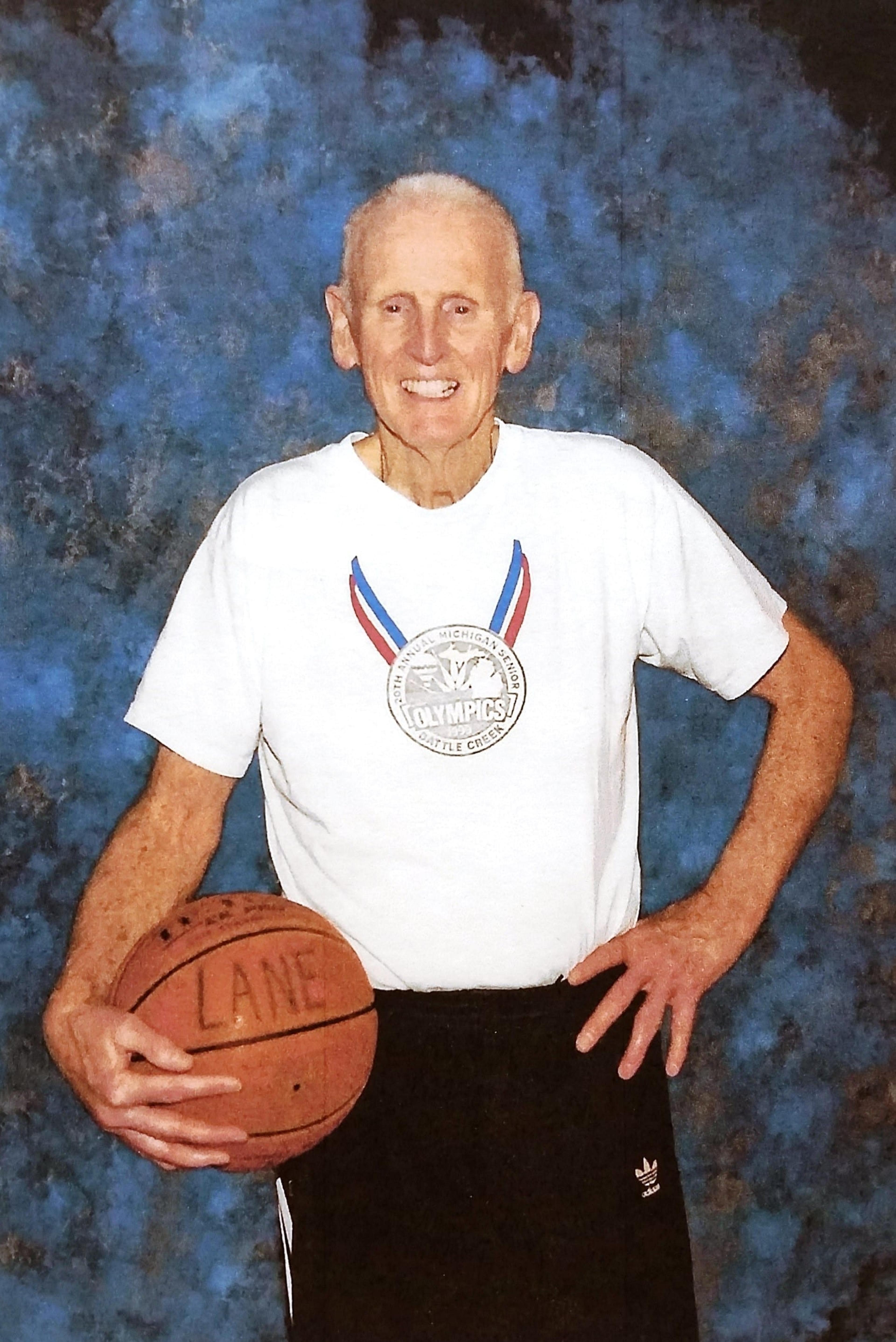
Dick Lane developed a passion for basketball in retirement.
The Livonia resident said finding a way to stay active that he enjoyed made all the difference in his longevity.
“That’s one of the greatest things that’s helped me live to be 90,” he said. “It’s community, it’s friendship and it’s fun.”
Although recent health problems have slowed down his game a bit, he encourages everyone to find the sport or activity that keeps them moving. “Life is a gift and one of the greatest things you can do for your body is exercise,” Lane said.
Competition keeps him mentally strong
The next National Senior Games are slated to take place Nov. 2021 in Ft. Lauderdale. George Freeman, 88, is already planning his strategy, poring over results from previous years to see where his best chance of medaling lies.
“The beauty is when I’m 90, I’m hoping the competition won’t be as tough,” he joked. “I am a competitor.”
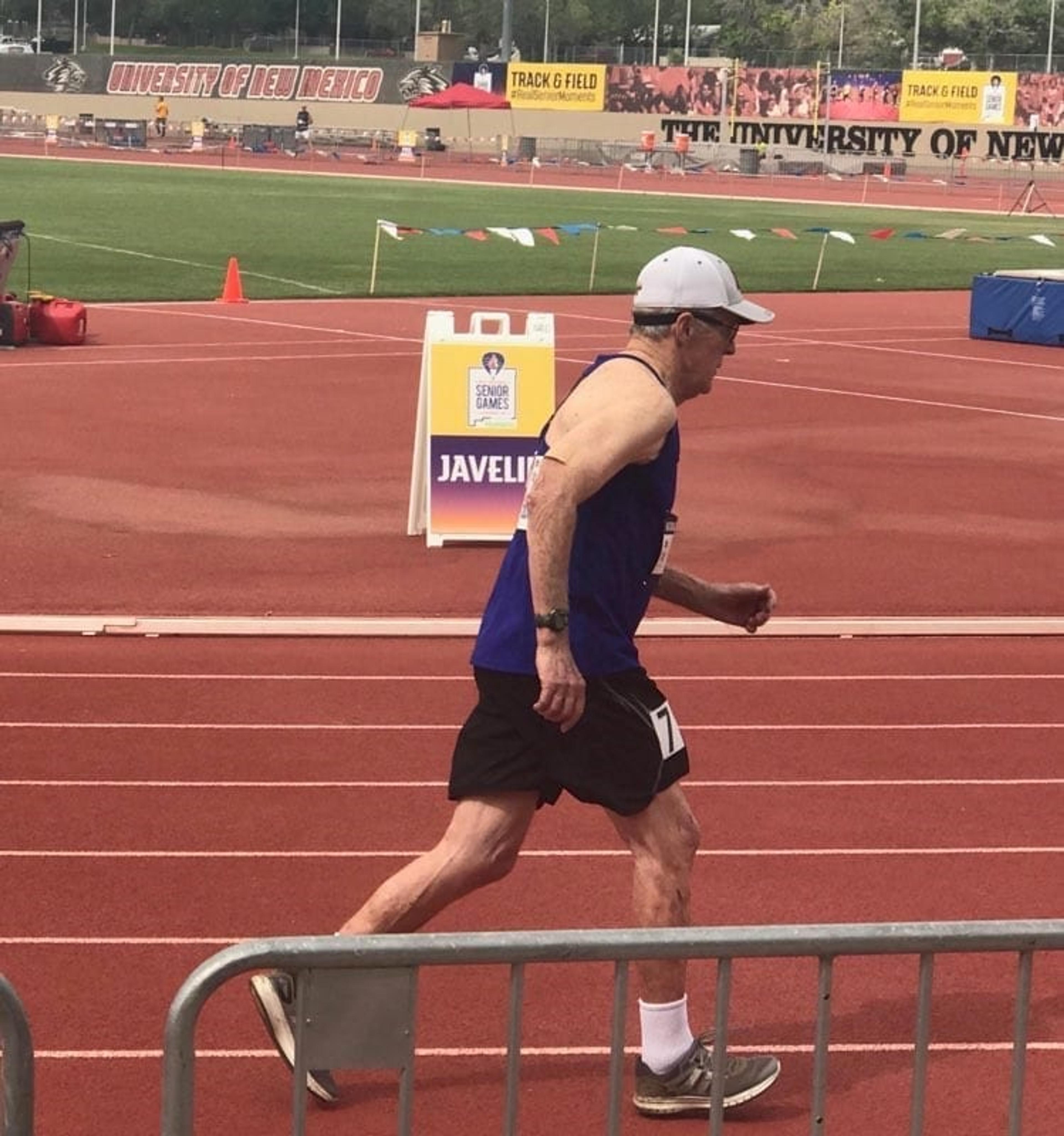
George Freeman competing in 2019.
The Novi resident is a member of the “Great Eight”, one of only eight seniors who have competed in every National Senior Games since the first in 1987. He’s a runner at heart, completing 27 marathons during his lifetime, six of them at the highly competitive Boston Marathon. Freeman runs shorter distances and even competes in other sports such as golf, bowling, shuffleboard, swimming and the triathlon at the state and national level through the Senior Games. He runs most mornings and walks every evening.
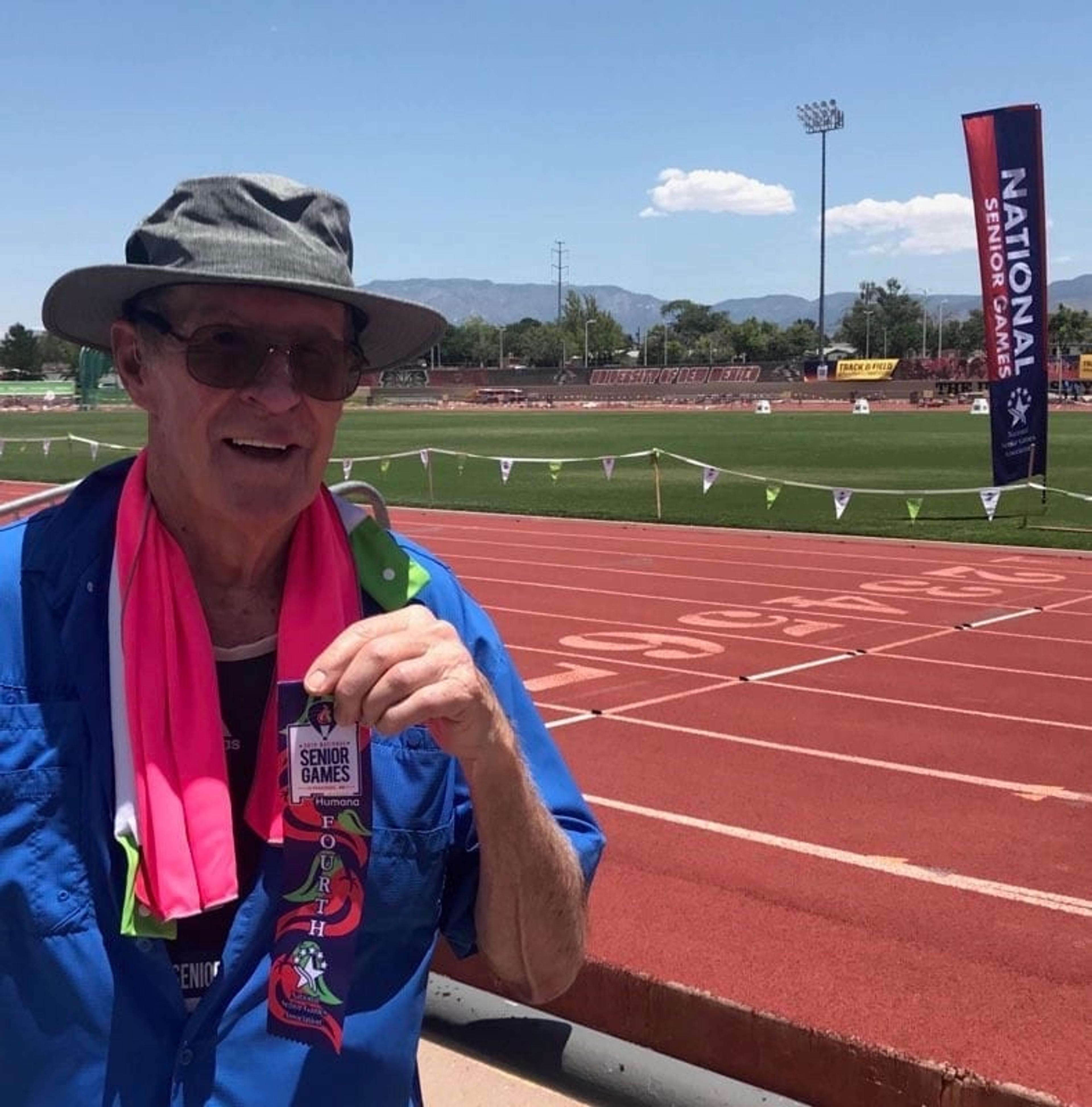
Freeman at the National Senior Games last summer.
Freeman said staying active has made it easier for him to bounce back from injury and plays a role in his mood.
“I’m so used to being physically fit for so long that I just keep right on going,” he said. “Your own mental health is pretty important, too. If you can control that, it helps a lot.”
Looking to give back or move more? The AARP has a wealth of information on their Michigan-focused website geared toward how to stay involved and invest in your health. The Michigan Senior Olympics are open to competitors 50 and older and there are many inspiring stories of people who didn’t participate in their chosen sports until they were well into their 60s or older. Check out this video from last summer’s senior competition.
Not a senior yet? If these stories inspired you, it might be time to make an older friend. This video explains why:
Related:
Photo credit: SolStock





